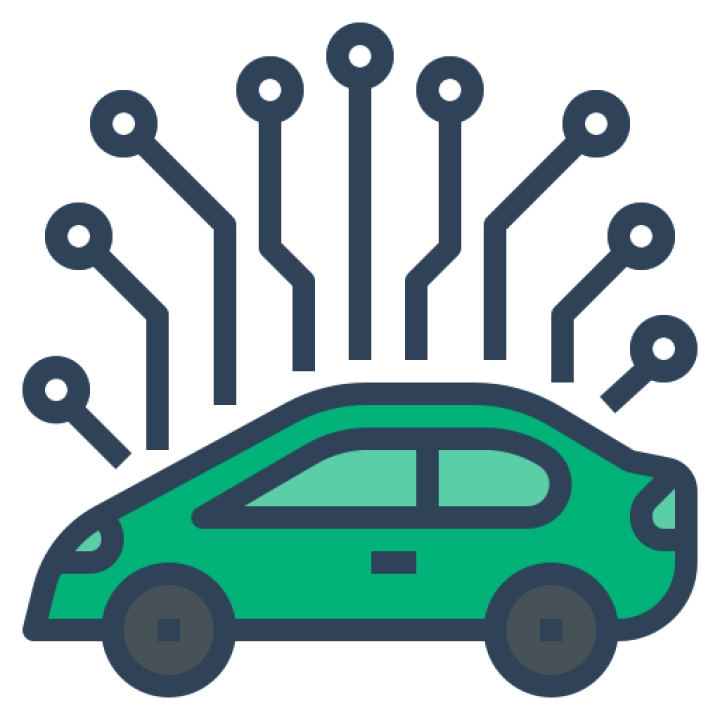College: Vocational School
This specialization provides a comprehensive understanding of automotive technology principles and practices, focusing on vehicle repair, maintenance, and innovation. Students will explore key areas such as engine systems, electrical systems, diagnostics, and emerging automotive technologies. The program emphasizes technical skills, problem-solving, and industry standards to prepare students for careers in automotive repair, manufacturing, and related fields.
Learning Objectives:
- Understand the basics of automotive systems and their operation.
- Develop skills in diagnosing and repairing vehicle issues.
- Recognize engine performance, transmission, and drivetrain systems.
- Explore electrical and electronic systems in modern vehicles.
- Understand safety and environmental regulations in the automotive industry.
- Analyze emerging trends like electric and autonomous vehicles.
- Develop critical thinking and teamwork skills for real-world applications.
Main Curriculum:
- Introduction to Automotive Technology - Overview of the automotive industry, its history, and career opportunities.
- Engine Systems and Performance - Basics of internal combustion engines and their components. Engine diagnostic and repair techniques.
- Electrical and Electronic Systems - Principles of vehicle electrical systems, including wiring and circuits. Troubleshooting and repair of electronic components.
- Transmission and Drivetrain Systems - Basics of manual and automatic transmissions. Maintenance and repair techniques for drivetrain components.
- Braking and Suspension Systems - Principles of braking systems and suspension mechanics. Diagnostics and repair techniques for brake and suspension issues.
- Vehicle Diagnostics and Repair - Use of diagnostic tools and software to identify vehicle problems. Techniques for performing routine maintenance and complex repairs.
- Hybrid and Electric Vehicle Technology - Basics of hybrid and electric vehicle systems. Maintenance and service techniques for alternative-fuel vehicles.
- Regulatory Safety and Environmental Standards - Overview of safety protocols and environmental standards in the automotive industry. Techniques for ensuring regulatory compliance.
- Emerging Trends in Automotive Technology - Explore innovations such as autonomous vehicles, connected cars, and advanced driver-assistance systems (ADAS). Techniques for adapting to new technologies in the automotive field.
- Customer Service and Professionalism - Develop communication and customer service skills. Techniques for building customer trust and managing automotive service operations.
Assessment Methods:
- Practical repair and maintenance projects.
- Written assignments on automotive systems and diagnostics.
- Diagnostic tool simulation and troubleshooting exercises.
- Group projects and case studies on real-world automotive challenges.
Recommended Textbooks:
- "Automotive Technology: Principles, Diagnosis, and Service" by James D. Halderman.
- "Modern Automotive Technology" by James E. Duffy.
- "Hybrid and Electric Vehicle Technology" by James Larminie and John Lowry.
- "Automotive Electrical and Electronic Systems" by Tom Denton.
Prerequisites:
Basic knowledge in mechanics and electronics is recommended. Suitable for students in automotive repair, engineering, and related fields.
Program Duration:
Typically one to two years, including practical labs, internships, and industry training.
Certification:
Graduates may receive a diploma or certification in automotive technology, depending on the program and institution.
Target Audience:
Aspiring automotive technicians, mechanics, and students seeking careers in vehicle repair, manufacturing, and innovation. This specialization equips students with the technical expertise, problem-solving skills, and industry knowledge needed to excel in the ever-evolving automotive technology field and contribute to the future of transportation.






